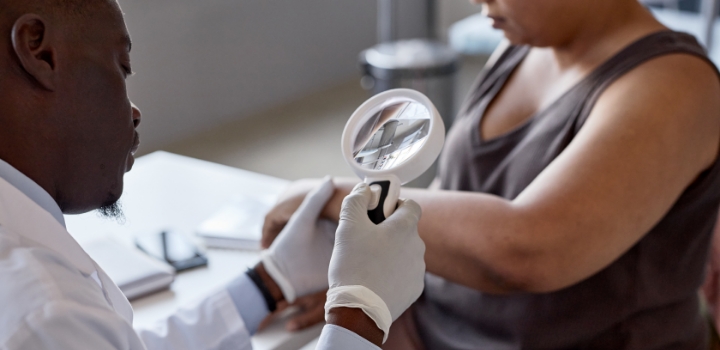
As late-stage cancer diagnoses rise, so do the emotional and financial costs for employees and employers. But many of these claims are preventable with the right wellness and risk strategies in place.
Cancer-related diagnoses surged by over 40% between 2012 and 2024, according to Pulse: 2025 Cancer Insights, a report by Discovery Corporate and Employee Benefits that examines Discovery Group Risk and Discovery Health data. Claims for mid-stage and late-stage cancer diagnoses, which have jumped by 70% and 29%, respectively, according to Discovery Group Risk data, are driving part of this increase
"Since 2020, we've seen a sharp increase in severe cancer diagnoses," says Guy Chennells, Chief Commercial Officer at Discovery Corporate and Employee Benefits (CEB). "Cancer accounts for 50% of severe illness claims, with an increasing proportion of late-stage cancer. And this trend is largely driven by low screening rates."
The connection between early detection and improved outcomes is well established. Early diagnosis saves lives, cuts the cost of treatment, and reduces the emotional and operational strain on individuals, teams and businesses. Yet, screening uptake remains low.
Currently, one in eight South Africans is expected to develop cancer between the ages of 18 and 65. From 2012 to 2024, cancer incidence among medical scheme members rose significantly, by 33% in those aged 30 to 40, and 36% in the 40 to 50 age group. Increases were also seen in under-30s (20%), 50 to 65 (9%) and over-65s (41%) age groups.
"The incidence of cancer is climbing across all age groups, and that should be a red flag for employers," says Chennells. "It means that cancer is not just an older person's concern. Increasingly, cancer is an issue that impacts employers through the direct impact on employees, and the knock-on impact on teams and operations."
Early-stage cancer diagnoses have far better survival rates. Breast cancer has a 100% five-year survival rate when caught early, while early diagnoses for prostate, skin, colorectal and cervical cancers show survival rates between 91% and 99%. But when caught late, the outlook worsens: Colorectal cancer survival drops to 9%, cervical to 19%, prostate to 37%, and breast to 66%.
"While cancer treatment has come a long way, prevention and early detection still deliver the best results," says Yasheen Modi, Head of Marketing at Discovery CEB. "The non-medical costs of a severe diagnosis can be devastating - lost income, depleted savings, and growing debt. For employees nearing retirement, it can derail years of planning."
Modi adds that severe cancer diagnoses affect more than the employee. "The impact on the business isn't just the cost of the claim. It's the loss of critical skills, the pressure on teams, and the long recovery or absence of an employee."
To mitigate this, employers must rethink their wellness and benefits strategies. "Wellness strategies should include screening and prevention awareness and provision. Group Risk should provide both financial support for cancer diagnosis and robust coaching support before, during and after treatment."
A good strategy includes:
- Regular education and communication on screening
- Wellness programmes that reward healthy behaviours
- Cancer cover that extends beyond payouts to include recovery navigation
- Integration with employee assistance programmes (EAPs) like Healthy Company
"Late-stage diagnosis prevention should be a pillar of every workplace wellness strategy," says Modi. "It's not just about medical care; it's about helping employees understand that health is wealth. Healthier choices today mean better outcomes tomorrow, both for people and for business."